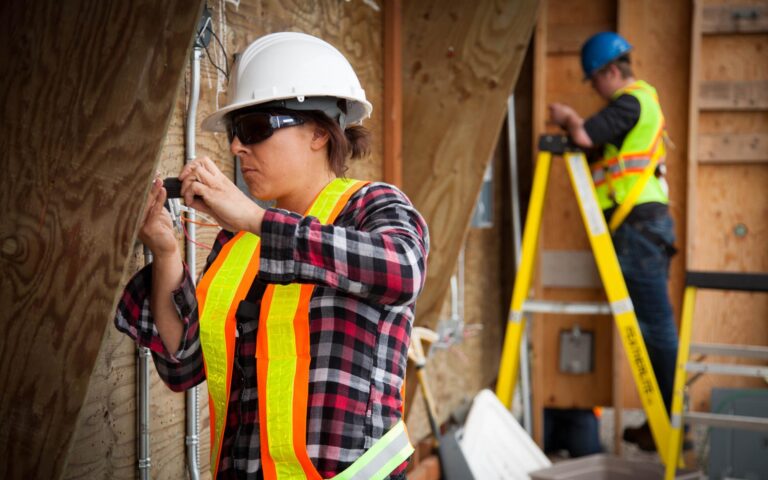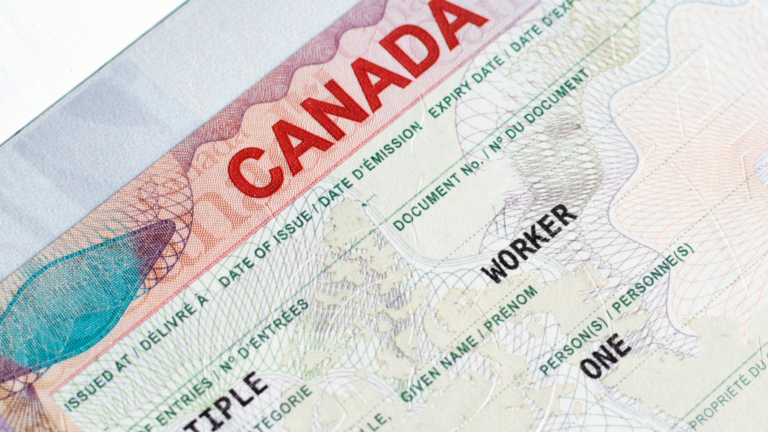All you need to know about getting Accommodation in Canada
Canada, known for its breathtaking landscapes, high quality of life, and multicultural cities, is an attractive destination for students, professionals, and families worldwide. However, finding suitable accommodation can be challenging, especially for newcomers unfamiliar with the country’s housing market. From major cities like Toronto, Vancouver, and Montreal to smaller communities, accommodation in Canada varies widely in terms of availability, price, and types. Understanding these options and knowing how to navigate the rental process can make settling down much easier and more affordable.
Whether you’re planning a temporary visit or a long-term stay, having a clear understanding of your accommodation options is essential. This guide will cover the types of accommodations available, age restrictions, price ranges, documentation requirements, and key websites to help you find the best option suited to your needs. Let’s delve into the essentials to help you make an informed decision when searching for a place to stay in Canada.
Types of Accommodations in Canada
1. Apartments and Condos
Apartments are one of the most popular housing options in urban areas, ideal for singles, couples, and small families. They are often rented monthly and offer amenities like gyms, parking, and sometimes shared lounges. Condominiums, or condos, are similar but are often privately owned units within large residential buildings, which means tenants may have to follow additional regulations set by the condominium board.
2. Houses and Townhouses
For families or larger groups, renting an entire house or townhouse may be more suitable. Townhouses are typically multi-level units that share walls with other units, while standalone houses offer complete privacy. These types of accommodations are more common in suburban areas, though they are more expensive than apartments and condos, especially in major cities.
3. Student Housing and Shared Accommodations
Canada’s large student population, especially in university towns, has given rise to shared accommodations and dedicated student housing. Many universities offer on-campus housing options, while off-campus housing is also available in shared apartments or student-specific rentals. Shared accommodations are a more affordable choice for students and young professionals, as they typically involve renting a room in a larger home or apartment and sharing communal spaces with others.
Age Limit for Renting Accommodation
In Canada, the legal age to sign a rental agreement varies slightly by province. Generally, renters must be at least 18 years old to enter into a lease agreement independently. However, some provinces allow individuals as young as 16 to rent accommodation with parental or guardian consent. Here’s a quick overview:
| Province/Territory | Minimum Age to Rent |
|---|---|
| British Columbia | 19 |
| Alberta | 18 |
| Ontario | 18 |
| Quebec | 18 |
| Nova Scotia | 19 |
Young renters under the specified age in each province often require a co-signer, typically a parent or guardian, to enter into a lease agreement.
Accommodation Price Range and Types of Accommodation
| Type of Accommodation | Price Range (Monthly CAD) | Description |
|---|---|---|
| Apartment (1-bedroom) | $1,200 – $2,500 | Ideal for singles or couples; located in cities |
| Condo (1-bedroom) | $1,500 – $3,000 | Privately owned; often includes amenities |
| House (2-3 bedrooms) | $2,000 – $5,000+ | Suitable for families; suburban areas |
| Student Housing (Shared) | $400 – $1,200 | Affordable; shared spaces for students |
| Townhouse | $1,800 – $3,500 | Multi-level; ideal for families |
Note: Prices vary significantly depending on the city and neighborhood. Major cities like Vancouver and Toronto generally have higher rental costs.
Requirements and Documents Needed for Accommodation
When applying for accommodation in Canada, especially in competitive rental markets, landlords may request several documents to verify the applicant’s ability to pay rent and maintain the property responsibly. Common requirements include:
- Proof of Income: This could be a recent pay stub, an employment letter, or bank statements showing sufficient funds. International students may need proof of financial support.
- References: Landlords often ask for references from previous landlords or employers to assess the applicant’s reliability.
- Identification: A government-issued ID, such as a passport or driver’s license, is required to verify identity.
- Credit Check: For newcomers without a Canadian credit history, some landlords may accept international credit references or request a larger deposit.
- Deposit: In most provinces, landlords can require a deposit, usually equivalent to one month’s rent, to cover potential damages. This amount is refundable if the property is returned in good condition.
Websites to Find Accommodation
Several websites specialize in helping people find rentals across Canada, with listings ranging from apartments and houses to short-term rentals. Here are some of the most popular ones:
- Rentals.ca: This website covers major cities across Canada and allows you to search by price, location, and type of accommodation.
- Kijiji: Kijiji offers various listings for apartments, houses, and even sublets. It’s commonly used by locals and can be a good place for affordable options.
- PadMapper: PadMapper aggregates listings from multiple sources, making it easy to compare rental options and set up alerts for new listings in your area.
- Craigslist Canada: Craigslist remains a popular choice for apartment and shared accommodation listings in Canada’s larger cities.
- Facebook Marketplace: Many individuals and property managers post rental listings on Facebook Marketplace. It’s also a great way to communicate directly with landlords and explore neighborhood communities.
Conclusion
Finding the right accommodation in Canada can significantly impact your experience in the country. From understanding the types of rentals to knowing what documents you’ll need, being prepared and informed can save you time and make the process smoother. Use online resources and connect with local communities to secure a place that fits your needs and budget. Whether you’re moving for work, school, or simply to experience Canada’s unique culture and lifestyle, finding a comfortable home will be your first step toward enjoying all that Canada has to offer.





